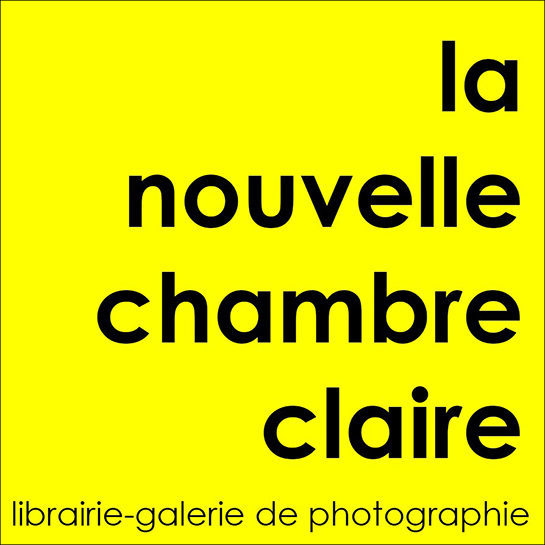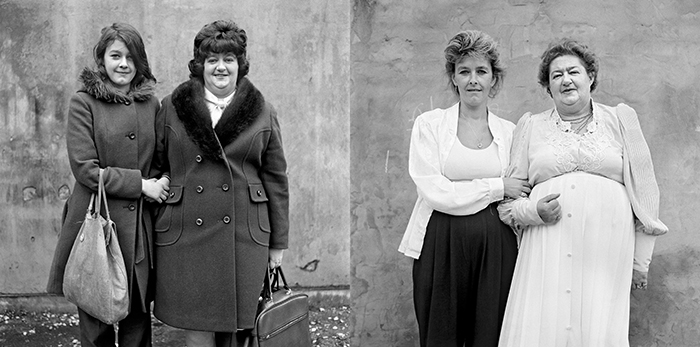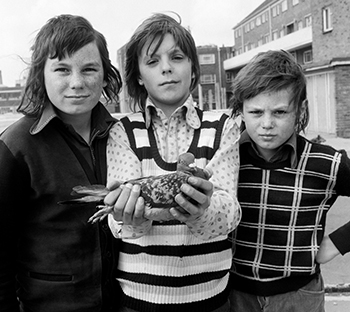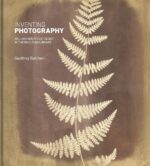Publié à l’occasion de l’exposition du 4 au 24 octobre 2019 à la Weston Library à Oxford.
Daniel Meadows est un pionnier de la pratique documentaire britannique contemporaine. Ses photographies et ses enregistrements audio, réalisés pendant plus de quarante-cinq ans, capturent la vie du « grand ordinaire » de l’Angleterre. Remettant en question le statu quo en travaillant en collaboration, il a façonné à partir de ses nombreuses rencontres l’histoire d’une nation à la fois magique et familière.
Ce livre comprend d’importants travaux issus des projets novateurs de Daniel Meadows et s’inspire des archives conservées à la bibliothèque de Bodleian. Farouchement indépendant, Meadows conçu beaucoup de ses processus créatifs : il a dirigé un studio de portrait libre à Moss Side de Manchester en 1972, puis a parcourudecker the Free Photographic Omnibus, un projet qu’il a revisité un quart de siècle plus tard. Au tournant du millénaire, il a adopté de nouvelles technologies de « table de cuisine » pour faire des histoires numériques, des « sonnets multimédias du peuple », comme il les appelait. Il revenait parfois à ceux qu’il avait photographiés, écoutant comment les choses étaient et comment elles avaient changé. Grâce à leurs voix uniques, il trouve un commentaire émouvant et perspicace sur la vie en Grande-Bretagne. Alors et maintenant. De temps en temps.
Daniel Meadows is a pioneer of contemporary British documentary practice. His photographs and audio recordings, made over forty-five years, capture the life of England’s’great ordinary’. Challenging the status quo by working collaboratively, he has fashioned from his many encounters a nation’s story both magical and familiar.
This book includes important work from Meadows’ ground-breaking projects, drawing on the archives now held at the Bodleian Library. Fiercely independent, Meadows devised many of his creative processes: he ran a free portrait studio in Manchester’s Moss Side in 1972, then travelled 10,000 miles making a national portrait from his converted double-decker the Free Photographic Omnibus, a project he revisited a quarter of a century later. At the turn of the millennium he adopted new ‘kitchen table’ technologies to make digital stories: ‘multimedia sonnets from the people’, as he called them. He sometimes returned to those he had photographed, listening for how things were and how they had changed. Through their unique voices he finds a moving and insightful commentary on life in Britain. Then and now. Now and then.







